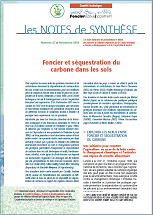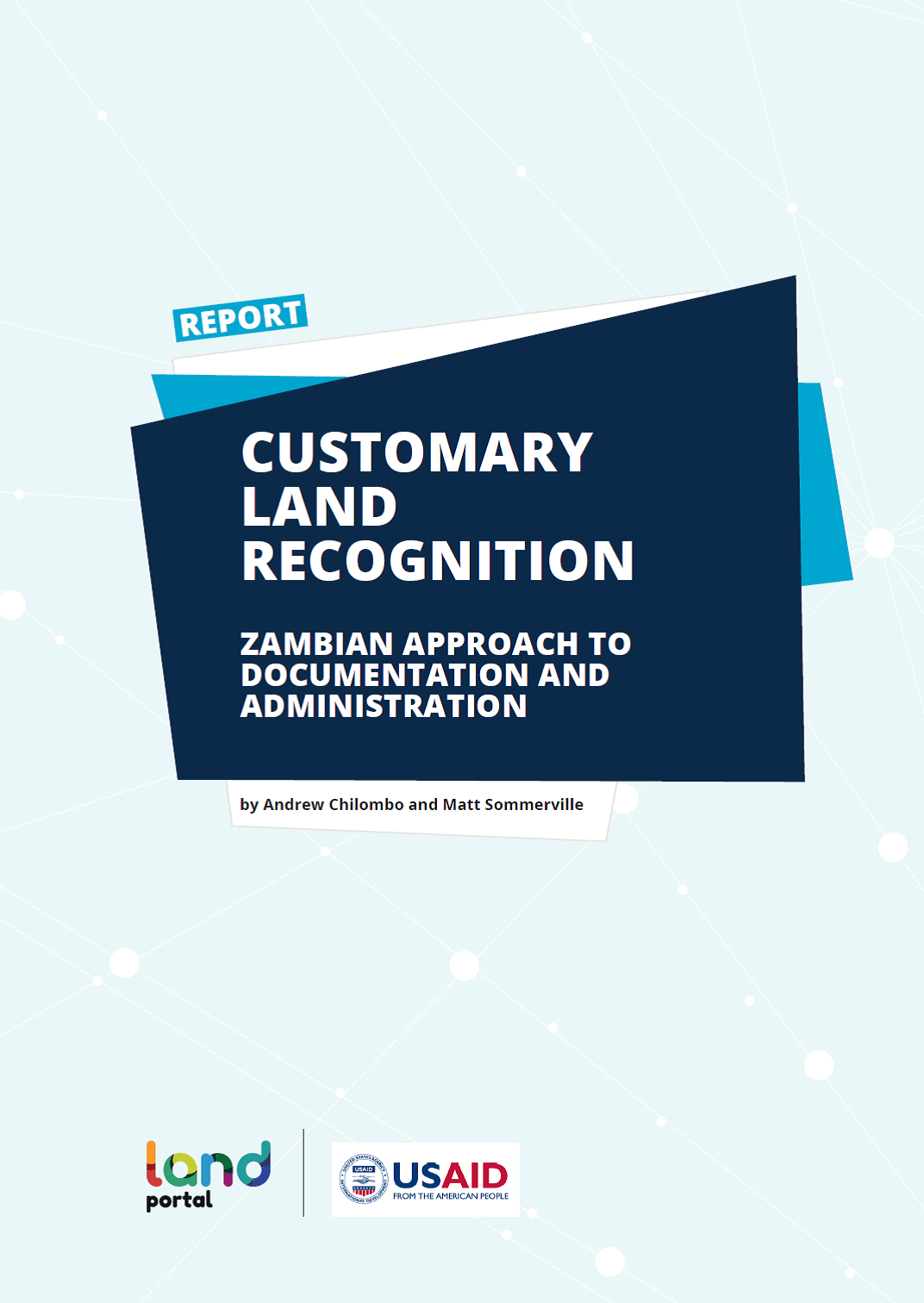Gender-equitable pathways to achieving sustainable agricultural intensification
Women play an increasingly greater role in agriculture. Ensuring that they have opportunities—equal to those of men—to participate in transforming agriculture is a prerequisite for sustainable intensification. Increased gender equity in agriculture is both a practical and a social justice issue: practical because women are responsible for much of the production by smallholders; and social justice because in many cases they currently do not have rights over land and water resources, nor full access to markets, and often they do not even control the crops they produce.






